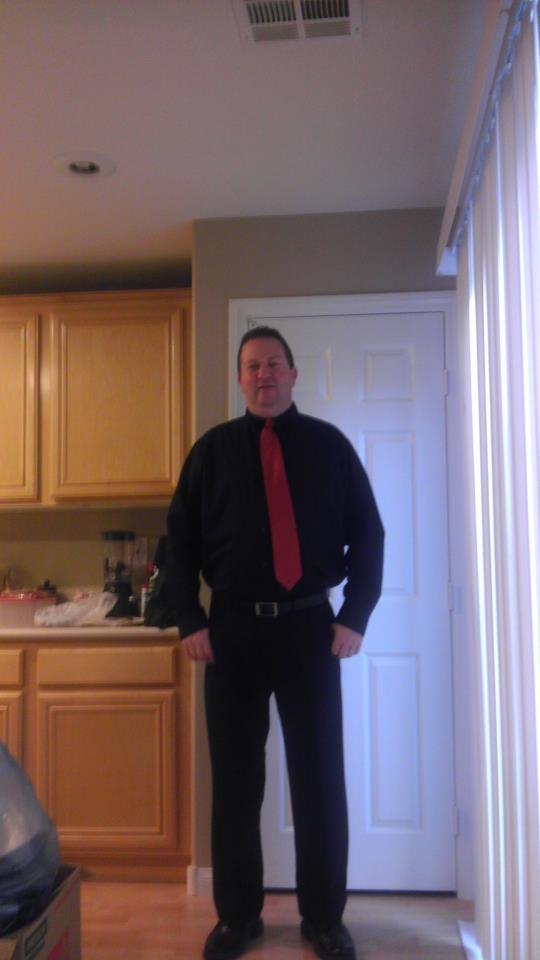AUTISM ADVOCACY AND TECHNOLOGY NEWS ZONE
By David Joseph Berkowitz
As an individual with high functioning Asperger syndrome, a kind of autism, and the father of three kids who are also on the spectrum for this disorder, I have always felt a need to make a difference for the people with autism. I dream of establishing a national organization like the American Heart Association or American Cancer Society to make living on the spectrum better for those with autism related disorders. Utilizing my knowledge and passion for technology with my personal experience and interest in autism, I launched our site, on January 11, 2011 .
We are a tech-focused state nonprofit. As we get funded we intend to help those on the autism spectrum by using technology-tablets and related computer technology plus the gift of music and the arts, to make the lives of people with autism better, and to support their families and the educational facilities that serve them.
We have a unique approach, view point and ideas.
Our Plan:
Our intent is to give the gift of technology through donated tablets and along with proper training to children and young adults with autism, their families, and the educational programs and schools that could make use of them. We also plan to fund applications to use with the technology.
Tablets are a very kinesthetic device which seems to make learning easier for many people with autism. Tablets like Apple iPads aid in education and improve the level of involvement in many aspects of their lives. However, a decent tablet runs $400-$800 which is very expensive for most families of people with autism.
Our second intent is to give the gift of music and the arts. Schools are very short on funding especially for the arts and music. Most parents of kids with autism cannot afford instruments, band trips, choir events and other arts materials. We want to help.
We will donate musical instruments to people with autism and education to improve quality of life. In addition, we will give the resources to provide help to theatre programs in both private and in public schools, as well as other arts that accept people with autism in their programs. We strive to promote inclusion and acceptance.
In order to further the quality of life for people with autism we want to expose them to cultural events. We will donate tickets, to musical events, theater, and other arts to enrich their lives.
I feel that many people with autism are talented in the arts and music. Even if not talented in the arts, I feel they can definitely benefit from the exposure to arts, music and technology.
A version of this article was originally published on The Autism Spot, an excellent resource for autism related topics.
http://www.autismspot.com/blog/Guest-Piece-%E2%80%93-Autism-Advocacy-and-Technology-News-Zone
Please help us help others for the holidays!!
We need your help to donate of tech, music and the arts for the upcoming holidays. We want to give tablets to people with autism, as well as gift cards and tickets to concerts to make their holidays happier. Please go to our website now and make a donation today to help us make a difference for people with autism and their families. Even a $ 5.00 gift card or a donation on our website will make a huge difference in the quality of life for people on the autism spectrum.
We are also seeking corporate sponsors who can help us in 2012 as well.
In addition we need media exposure so please put a link to this article on your website as well.
I am smart, different, and am going about it on my own; I am not rich and need support so that I can help other people with autism. If you are interested in helping our organization, Autism Advocacy and Technology News Zone, Please do not hesitate to contact me.
David Berkowitz, President and Executive Director
Autism Advocacy andTechnology News Zone, Inc. A Nevada Nonprofit Corporation















